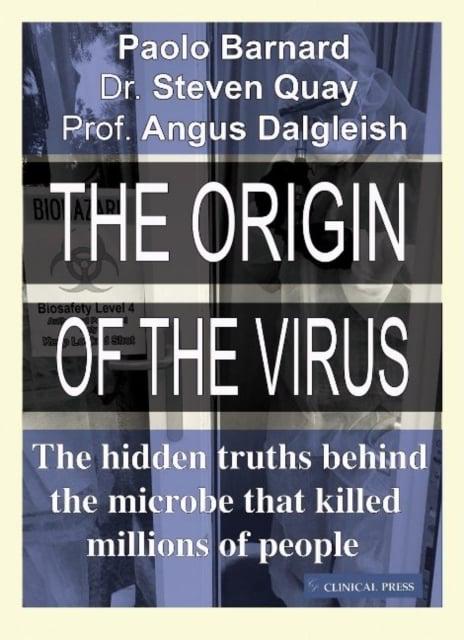
New book on #COVID-19 origins was plagued by censorship; concludes "overwhelming" evidence that virus was genetically engineered lab escape gmwatch.org/en/news/latest… 

Our review includes exclusive interviews with two of the authors, investigative journalist Paolo Barnard and Prof Angus Dalgleish, about their experiences of censorship over #COVID19 & the lab origin theory, and how that played out in relation to their new book. 



Paolo B. says when he was looking for scientist co-authors for the book they told him "dissent in writing is career-threatening" and "just be aware Fauci & NIH is a no-go area for this book. My total funding for the last 15 years has been from NIH and similarly into the future.." 

"I received (this veto on criticising Fauci & NIH) from an internationally renowned scientist.. who'd accepted full authorship of this book back in 2020 and who had sent me a particularly pugnacious list of topics he promised to cover in this investigation. Then he got cold feet"
Paolo B writes w/ passion about those responsible for the pandemic and covering up its origins. He quotes a world renowned virologist on Fauci: “a narcissistic megalomaniac & far too powerful”, due to his ability to “sign off large grants” without the usual independent scrutiny.
• • •
Missing some Tweet in this thread? You can try to
force a refresh








